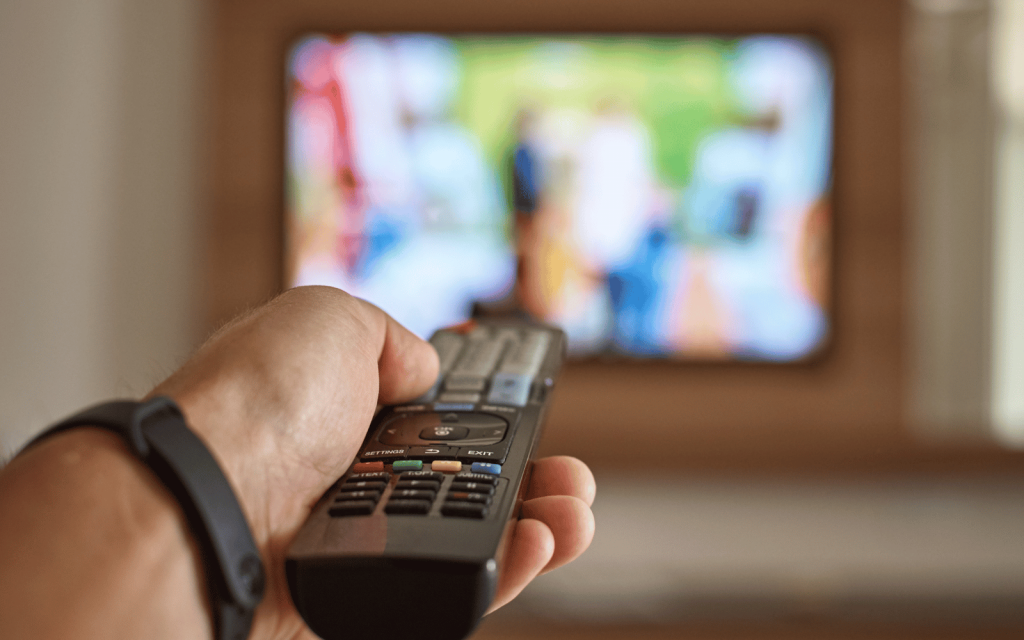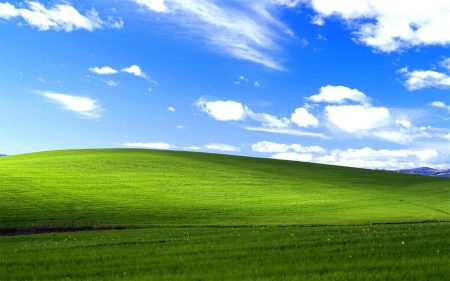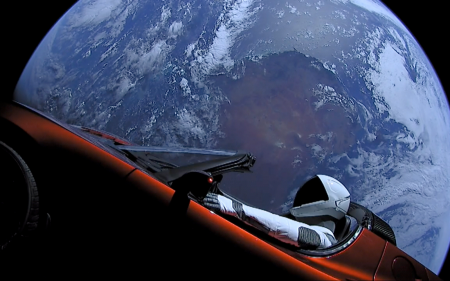When I studied English literature at university, the novel was the mainstream media that influenced thinking, dictated morality and offered good old entertainment. It would evolve in the 20th century through newspapers, magazines and radio into today’s golden age of television. With new streaming services emerging as alternatives to the traditional broadcasters and an “unprecedented” splurge on making original content, television viewers have never had it this good.
I once had an argument with my late father over why I was dropping psychology as a subject. “Everything you need to know about human nature, you can find in literature,” I told him. “And besides, it’s much better reading those psycho textbooks.”
I still believe that and rue the way television and technology have taken me away from more reading. But, as we evolve, so do the mainstream media that we consume. I see so many of the lofty linguistic goals in the TV series we watch, like Charles Dickens who wrote his novels originally as serialised stories. I was trained to think about literature with academic analysis, probing themes and storylines, and watching the author create characters that illustrate some key part of the narrative, or the moral lesson.
Television is the novel of today. In it, we see ourselves as much as we see who we hope to become. Who doesn’t want to be The Flash or joke around on the couch of The Big Bang Theory? Or watch the moral anguish of Jack Bauer and the complete lack thereof in Frank Underwood?
Television is as much an escape as it is a new form of literature – whose job is to reveal and explore human nature – and which at its very core is about storytelling. Novels told a story in the format of the day. Television is the mainstream media of today, even if YouTube, Snapchat and Facebook have forever altered how we spend our time consuming what is called “content”.
Television no longer needs the airwaves or a satellite dish. The internet has become the delivery platform for this new media.
Africa hasn’t seen the second wave of streaming services’ evolution yet – where Netflix is spending $6 billion on original content this year alone, while Amazon Prime Video scored the coup of the decade by rehiring the Top Gear guys – with mixed results. Meanwhile, there is already an abundance of TV shows, past and present.
Why should TV be spared the same deep-thinking analytical treatment that literature has been subjected to for centuries?
We are now all binge-watching TV junkies – this is a good thing, don’t listen to those naysayers who say otherwise – and we’re consuming it in novel and new ways, via laptops, tablets, and smartphones.
I loved it when work was redefined as “something you do not somewhere you go”. We need to think like that about television. There are those who have an elitist and high-minded disdain for television and its role as king of entertainment. That kind of cultural snobbery misses the point entertainment can also be education (what was a novel principally for, if not to entertain?).
Television is the new novel.




